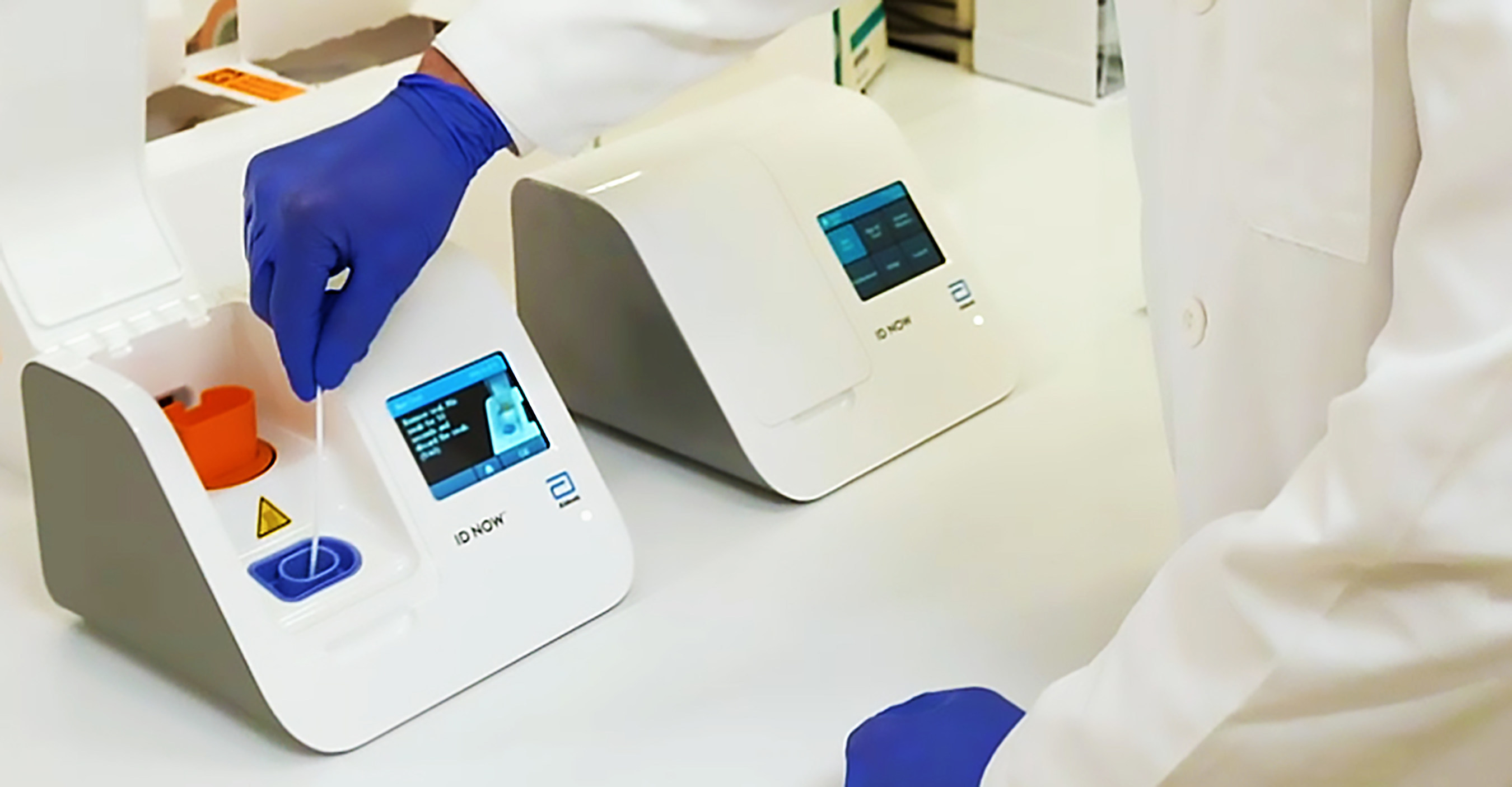Rapid Detection Kit for Bacillus cereus in Rice Products
The presence of Bacillus cereus in rice products can pose significant health risks. This pathogen is known for producing toxins that cause foodborne illness, particularly emetic and diarrheal syndromes. Ensuring the safety of rice products through rapid detection methods is crucial for maintaining public health and compliance with regulatory standards.
The Rapid Detection Kit for Bacillus cereus in Rice Products is designed to provide accurate and reliable results within a short time frame, allowing food manufacturers and quality control teams to detect contamination swiftly. This kit employs advanced biotechnology techniques that target specific genetic markers of the pathogen, ensuring high specificity and sensitivity.
The testing process begins with sampling rice products according to standard protocols outlined in ISO 6579:2018 for the analysis of Bacillus cereus spores. Once samples are collected, they undergo preliminary processing such as homogenization and dilution to ensure consistent results. The kit includes all necessary reagents and consumables needed for the procedure.
One of the key features of this rapid detection system is its ease-of-use, which makes it suitable for laboratory environments as well as point-of-care settings. Users can follow detailed instructions included with each kit to ensure proper sample handling and analysis. The results are typically available within 24 hours after inoculation, providing timely insights into potential contamination issues.
In addition to its practical advantages, this rapid detection method aligns closely with current regulatory requirements set forth by entities like the World Health Organization (WHO) and Food and Agriculture Organization of the United Nations (FAO). By adhering strictly to these guidelines, laboratories can ensure they are meeting international standards for food safety.
The accuracy and reliability of this detection system have been validated through extensive testing against various strains of Bacillus cereus. Studies conducted in collaboration with leading academic institutions confirm its effectiveness in identifying even trace amounts of the pathogen within rice samples.
For those responsible for maintaining food safety standards, investing in such a reliable tool can lead to significant improvements in operational efficiency and customer trust. By integrating this rapid detection kit into their existing quality assurance protocols, organizations demonstrate their commitment to producing safe and wholesome products.
Applied Standards
- ISO 6579:2018 - Analysis of Bacillus cereus in foodstuffs by quantitative PCR
- ASTM E2349-13 - Standard Practice for Analyzing Foods and Ingredients for Bacillus cereus Toxins Using the Rapid-QC System
Industry Applications
This rapid detection kit finds application in numerous sectors including food manufacturing, healthcare facilities, and research institutions. Here are some specific areas where it proves valuable:
- Food processing plants seeking to comply with stringent hygiene regulations.
- Hospitals ensuring patient safety by minimizing the risk of cross-contamination from contaminated food sources.
- Research laboratories conducting studies on Bacillus cereus and its variants.
International Acceptance and Recognition
The Rapid Detection Kit for Bacillus cereus in Rice Products has gained widespread recognition across the globe. It complies with international standards such as ISO 6579:2018, ensuring consistency and reliability of results regardless of location. Many countries have adopted this kit into their official protocols for food safety testing.
Health authorities worldwide rely on this technology to protect public health by promptly identifying potential outbreaks linked to Bacillus cereus contamination. The widespread adoption underscores its importance in maintaining global food standards.





